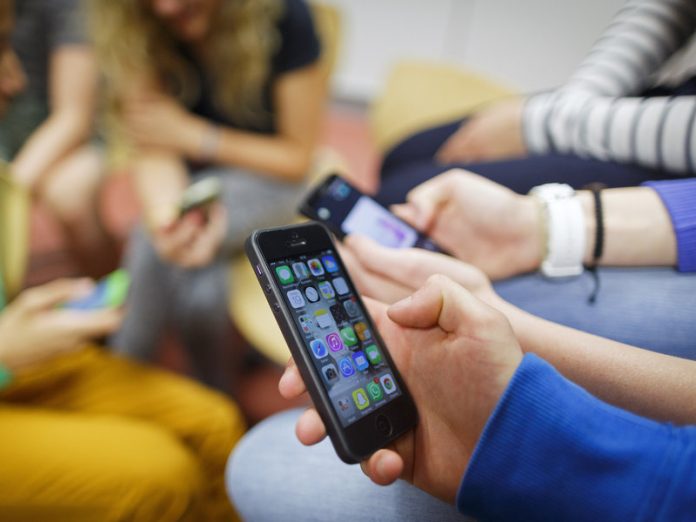‘When so many girls are at risk of having depression on account of heavy social media use, it is crucial that companies take responsibility for what happens on their platforms’
Teenage girls are twice as likely to show depressive symptoms linked to social media than their male counterparts, new research shows.
Campaigners have called on the government to do more to recognise the risk that apps like Facebook, Twitter and Instagram to the mental health of young people – especially girls – after the study by University College London (UCL) showed a correlation between use of social and depression.
It found that 12 per cent of light social media users and 38 per cent of heavy social media users, defined as those who use it for five or more hours a day, showed signs of having more severe depression.
Previous studies have also concluded that social media can cause depression and anxiety in teenagers.
The UCL study however highlighted that girls are considerably more likely to be affected. It found that two fifths of 14-year-old females used it for more than three hours per day compared with one fifth of boys. Only 4 per cent of girls reported not using social media compared to 10 per cent of boys.
A quarter of girls showed signs of clinically relevant depressive symptoms compared to 11 per cent of boys, the study found.
The paper, published in EClinicalMedicine journal, is the first of its kind to look at associations between social media and depressive symptoms and analysed data from nearly 11,000 young people from the Millennium Cohort Study (MCS).
Social media use was proportionately related to less sleep, taking more time to fall asleep and more disruptions during sleep. In turn, depressive symptom scores were higher for girls and boys experiencing poor sleep.
Time spent on social media was also related to involvement with online harassment which had direct and indirect associations (via sleep, poor body image and self-esteem) with depressive symptom scores. The pathways from social media to depressive symptoms were the same for girls and boys
When the researchers examined the underlying processes that might be linked with social media use and depression, they found 40 per cent of girls and 25 per cent of boys had experience of online harassment or cyberbullying, and 40 per cent of girls compared to 28 per cent of boys said their sleep was often disrupted.
The findings have prompted the researchers and charities to call on industry to more tightly regulate hours of social media use for young people, and for social media companies to take more responsibility for what happens on their platforms.
Professor Yvonne Kelly, of UCL’s Institute of Epidemiology and Health Care, said: “These findings are highly relevant to current policy development on guidelines for the safe use of social media and calls on industry to more tightly regulate hours of social media use for young people.
“Clinical, educational and family settings are all potential points of contact where young people could be encouraged and supported to reflect not only on their social media use, but also other aspects of their lives including on-line experiences and their sleep patterns.”
Professor Kelly added that families may want to reflect on when and where it’s okay to be on social media and agree limits for time spent online.
She said: “Curfews for use and the overnight removal of mobile devices from bedrooms might also be something to consider.”








